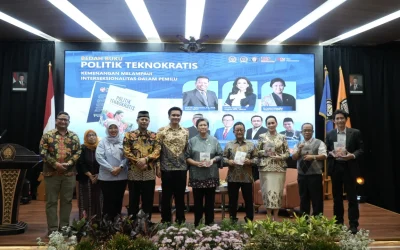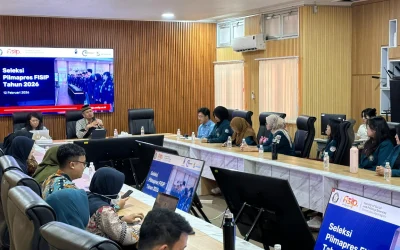A new study sheds light on how women’s clothing, particularly when it is more revealing, can trigger social prejudice in Indonesia. The research highlights how societal norms, heavily influenced by moral and religious values, especially within the Muslim community, shape public perceptions of women who choose to dress more openly.
Conducted by three academics from the Faculty of Social and Political Sciences (FISIP), Universitas Diponegoro—Dr. Hapsari Dwiningtyas Sulistyani, Dr. Lintang Ratri Rahmiaji, and Dr. Turnomo Rahardjo—the study employed surveys and qualitative interviews with high school and university students. Results revealed that 48.4% of female respondents criticized women who wore revealing clothing, compared to only 20% of male respondents. This data reflects how societal pressure to adhere to conservative dress codes is reinforced not only by men but also by women themselves.
Additionally, the study found that such social prejudice contributes to the creation of social distance. Around 12-13% of respondents were unwilling to initiate interactions with women dressed in revealing clothing, and approximately 16% exhibited avoidance behavior. The research also highlighted that this prejudice extends to social and professional contexts, as women deemed to be dressing outside societal norms are less likely to be chosen for teamwork, friendship, or even as life partners.
This study underscores the importance of understanding how social prejudice against women’s fashion choices perpetuates discrimination and hinders their freedom of expression.
For more information on this research, it can be accessed through the following publication:
Sulistyani, H. D., Rahmiaji, L. R., & Rahardjo, T. (2022, September). Women, Fashion and Social Prejudice. In ICISPE 2021: Proceedings of the 6th International Conference on Social and Political Enquiries, ICISPE 2021, 14-15 September 2021, Semarang, Indonesia (p. 418).





0 Comments